Contemporary Accounting Practices and Information Systems Report
VerifiedAdded on 2021/04/21
|5
|530
|133
Report
AI Summary
This report explores the application and impact of accounting information systems (AIS) on modern accounting practices. It begins by defining AIS, including ERP systems, expert systems, and integrated accounting packages, and highlighting their role in data collection, processing, and analysis. The report then delves into the significant influence of AIS on the accounting process, emphasizing increased efficiency, accuracy, and ease of use through automation and integration. It discusses how AIS facilitates systematic recording and analysis, leading to better decision-making and streamlined workflows. The report also addresses the importance of accounting professionals having expertise in these systems, including the need for training and a strong understanding of the software used. The report concludes by emphasizing the advantages of AIS, such as improved data security and enhanced presentation of financial information, making it an essential tool for contemporary accounting.
1 out of 5
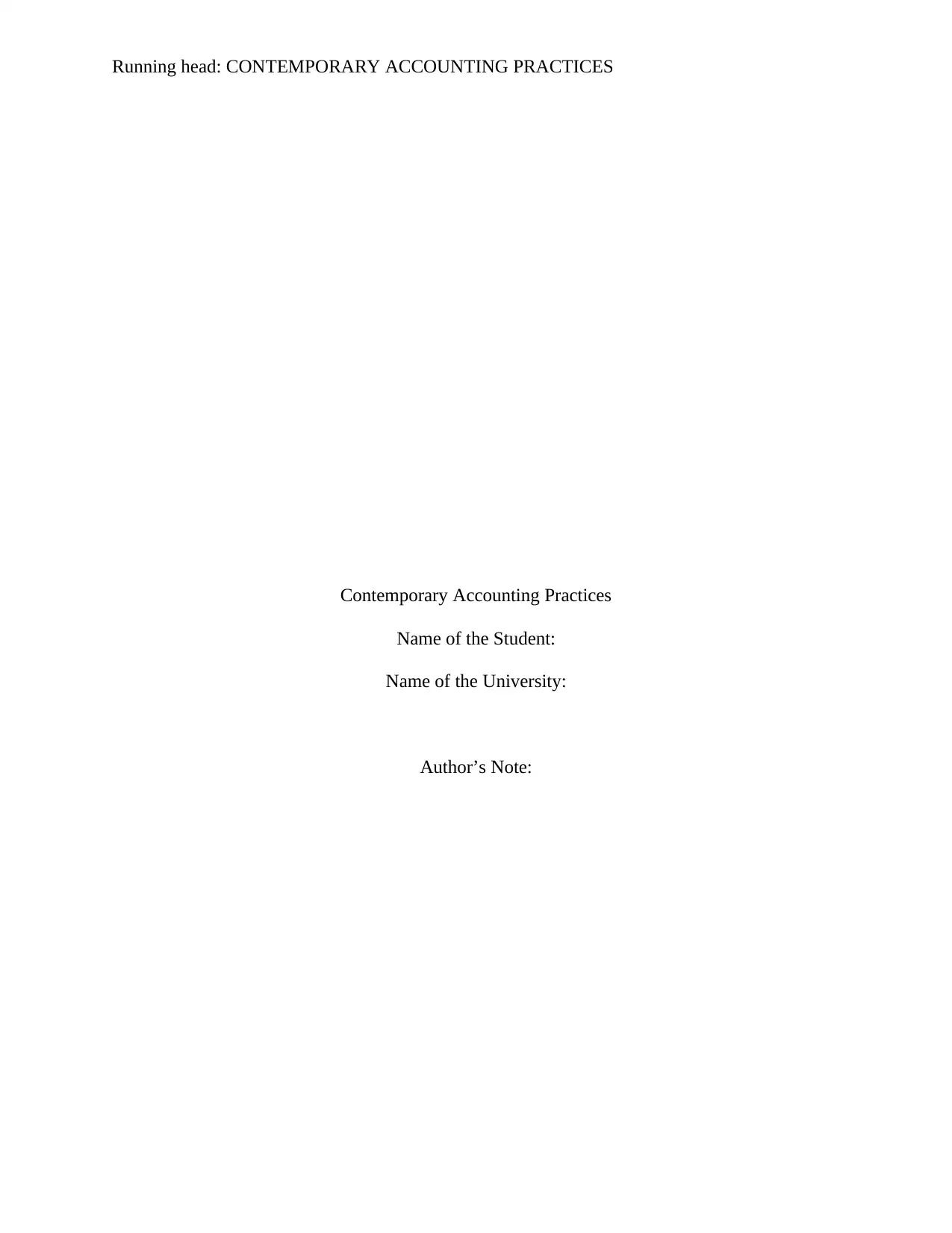
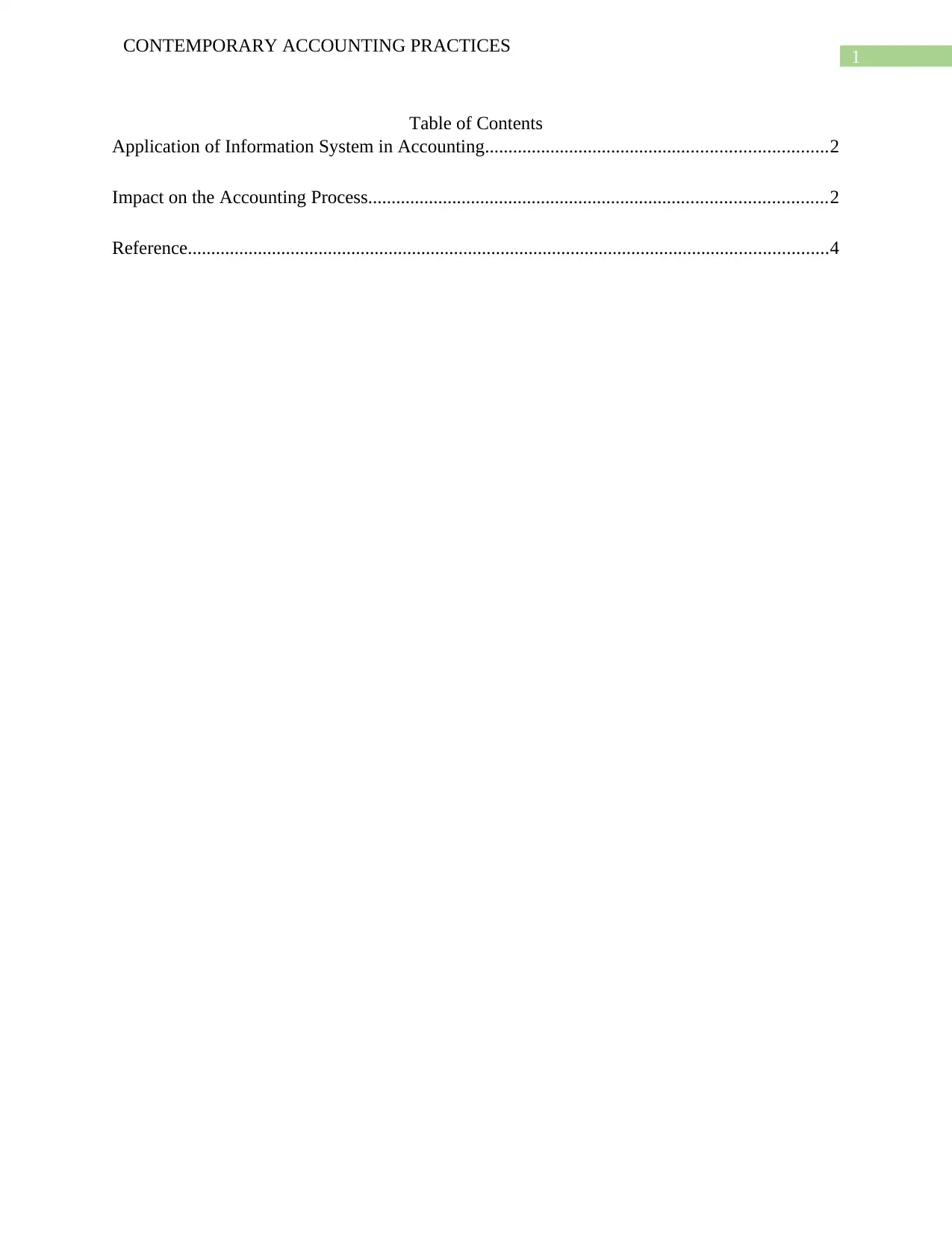
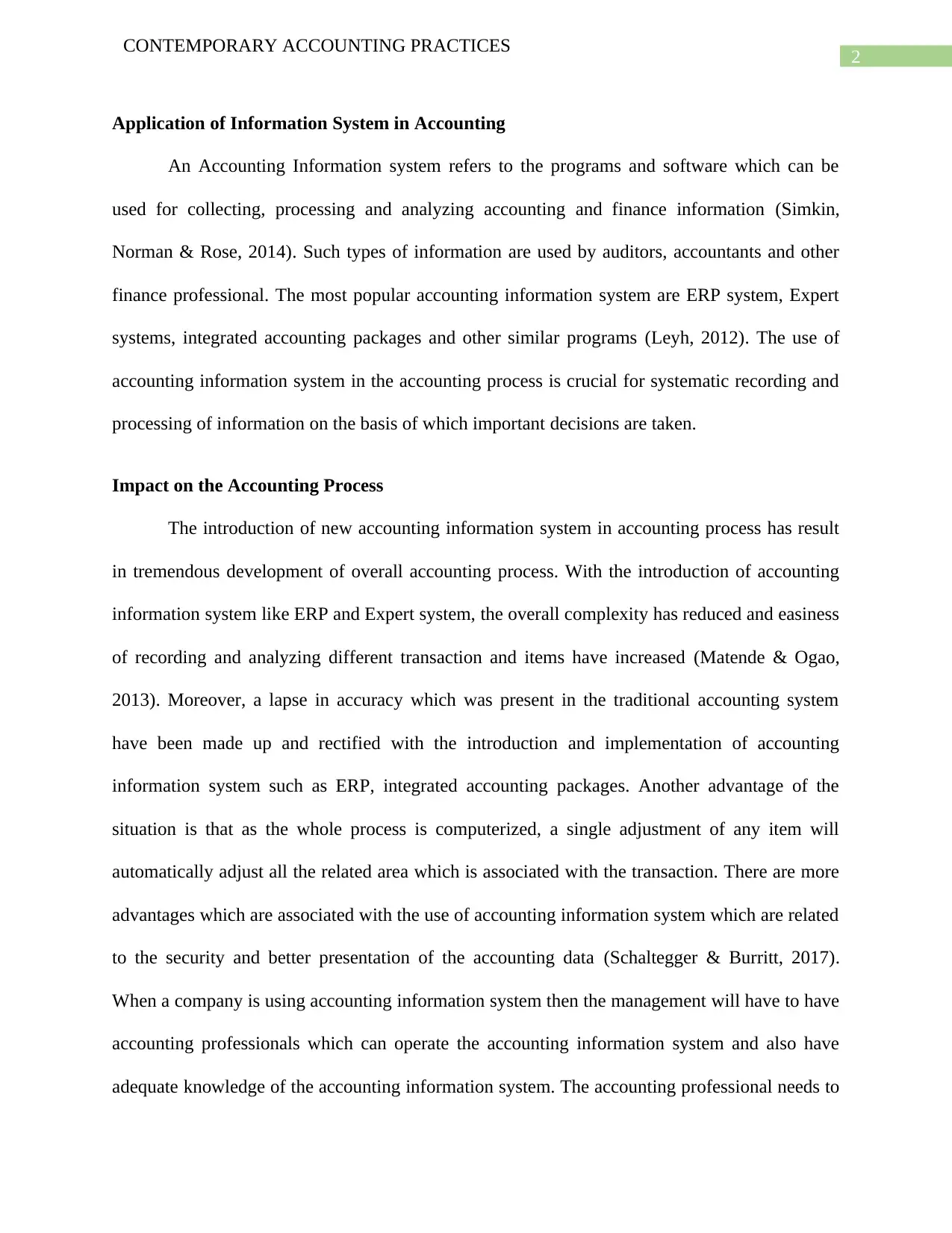

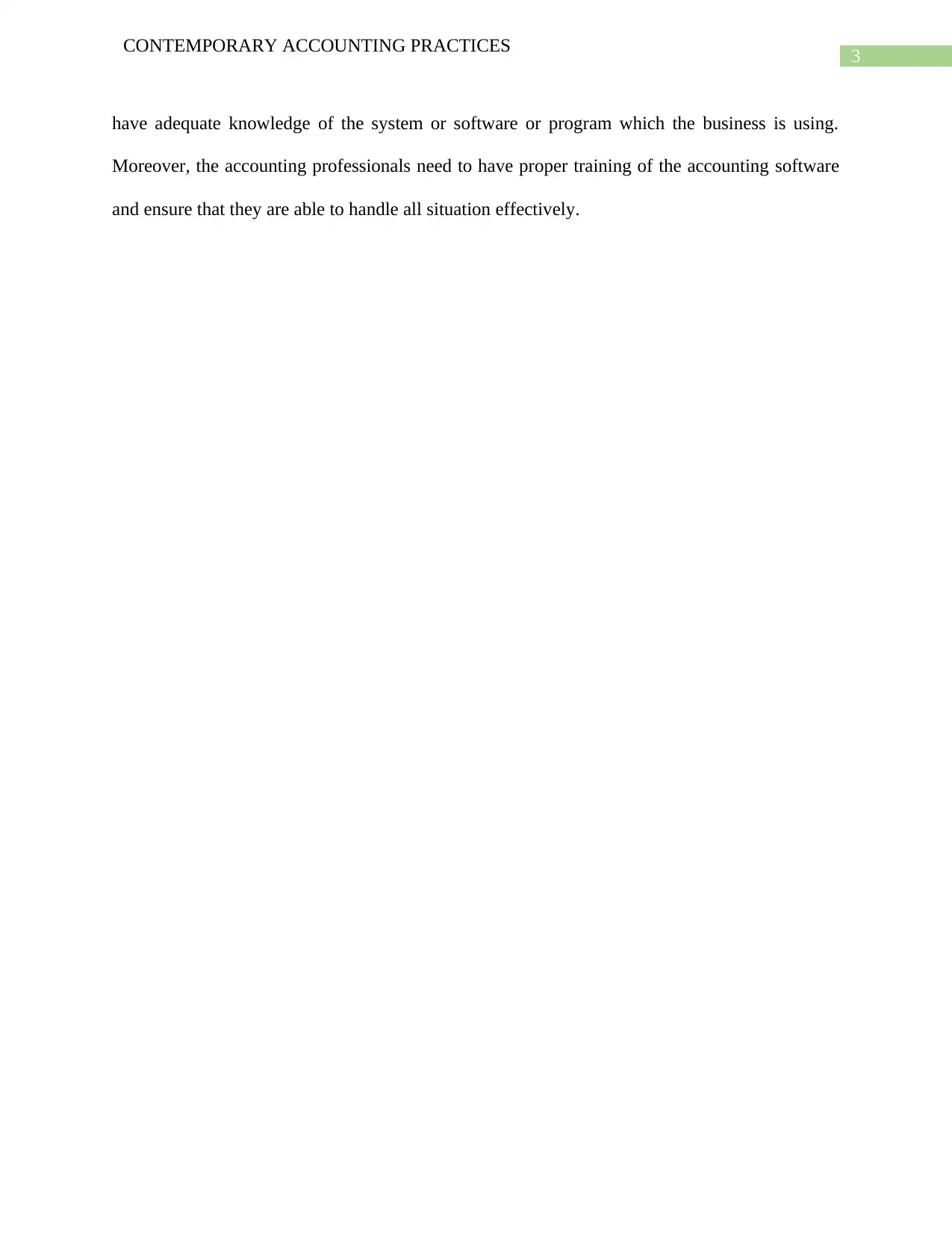
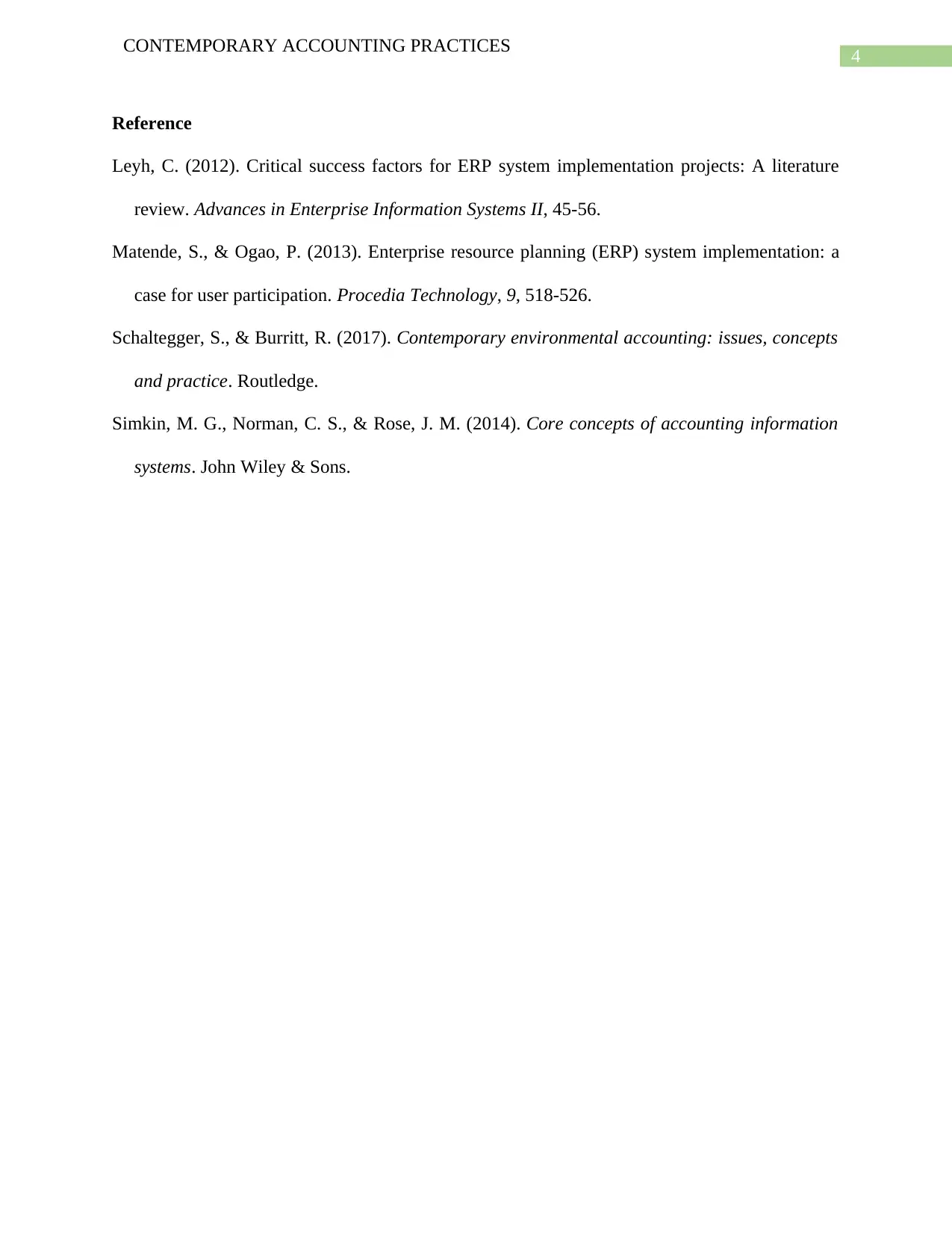






![[object Object]](/_next/static/media/star-bottom.7253800d.svg)